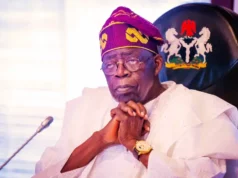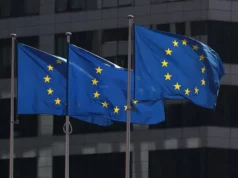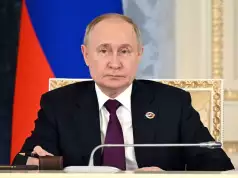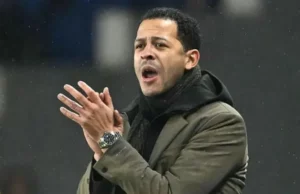Six weeks ago, Hungary’s election campaign looked and sounded very different.
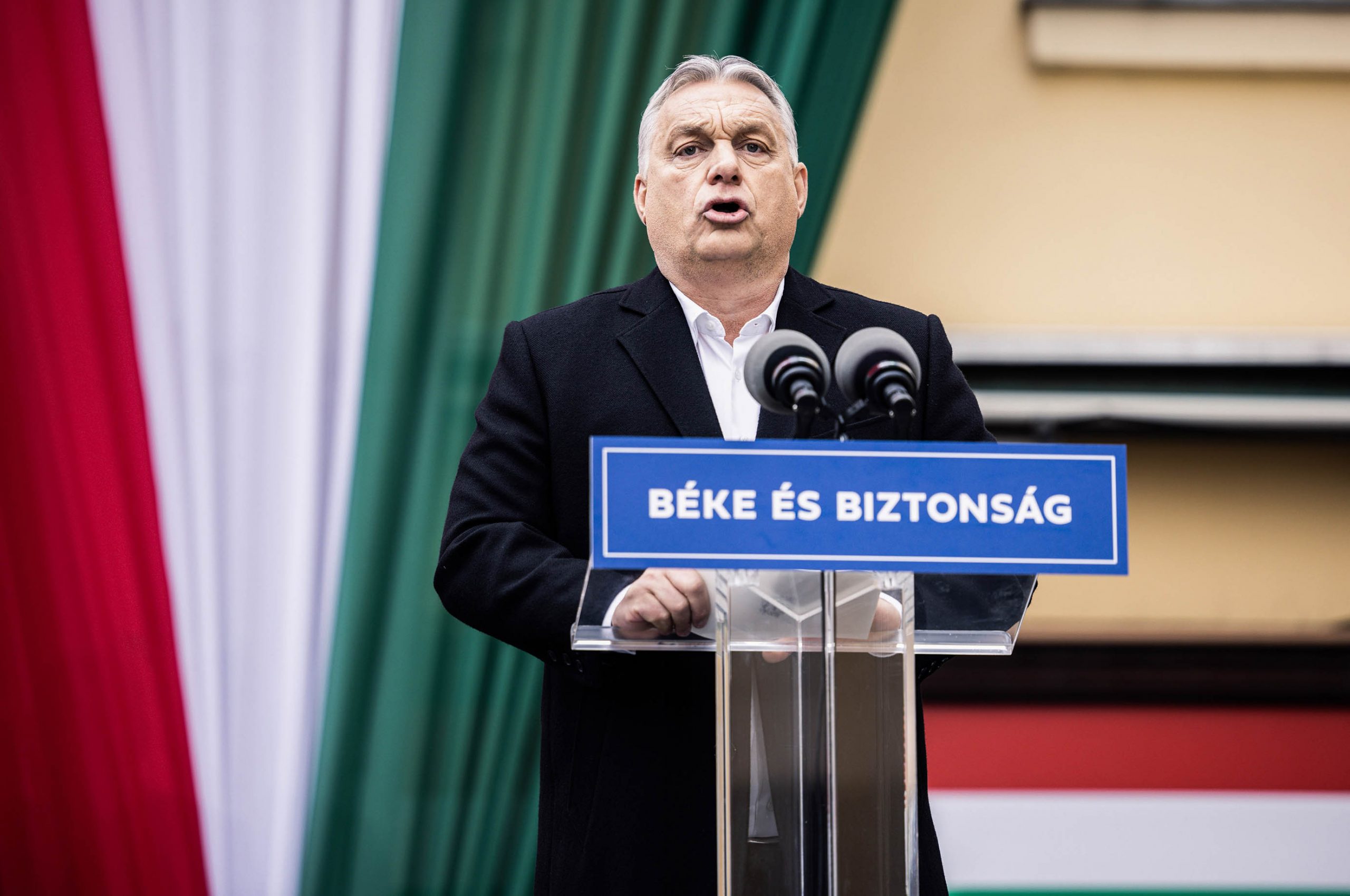
The stakes were already high. Viktor Orban, the longest-serving national leader in the European Union, was seeking to extend his authoritarian premiership deep into its second decade. His rival, leading a united front of opposition parties, bluntly denounced Orban’s crusade against independent institutions and the rule of law.
But the political focus was resolutely domestic. When foreign policy took center stage, it was usually raised by Orban to tout his international credentials — such as on February 1, when he boasted of his political longevity while in Moscow, a few feet from his staunch ally President Vladimir Putin.
Now, everything has changed. Putin’s invasion of Ukraine later that same month has upended the race, recasting its protagonists and rewriting their pitches. It has left Orban, widely regarded as the EU’s most pro-Kremlin leader, walking a political tightrope. And it has shone a spotlight on a years-long entanglement between him and the Russian President, two strongmen whose political journeys bear some notable similarities.

